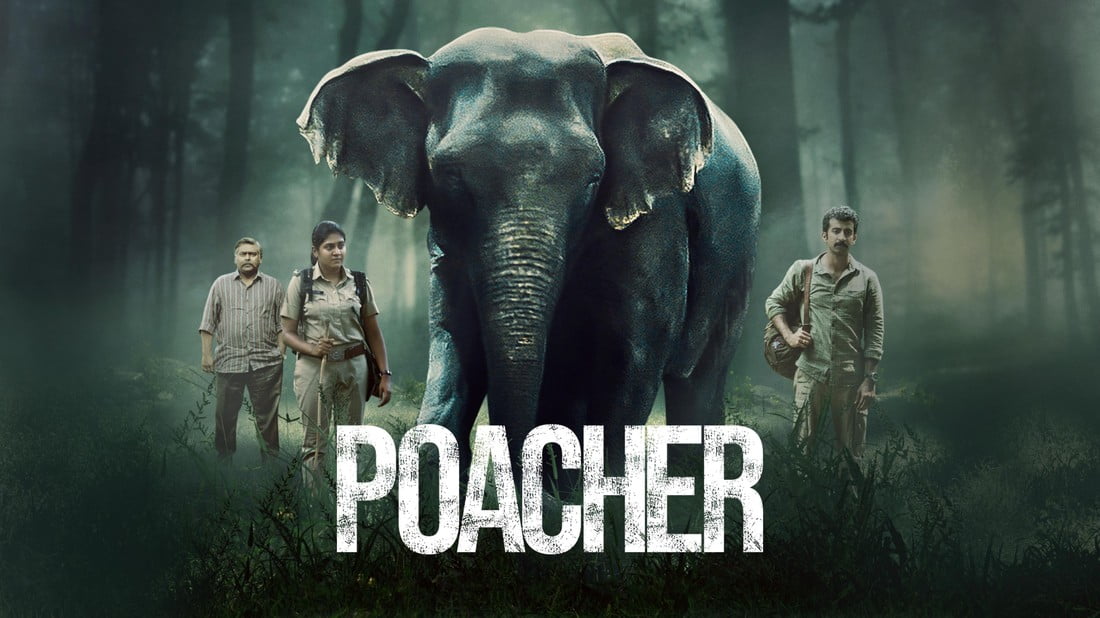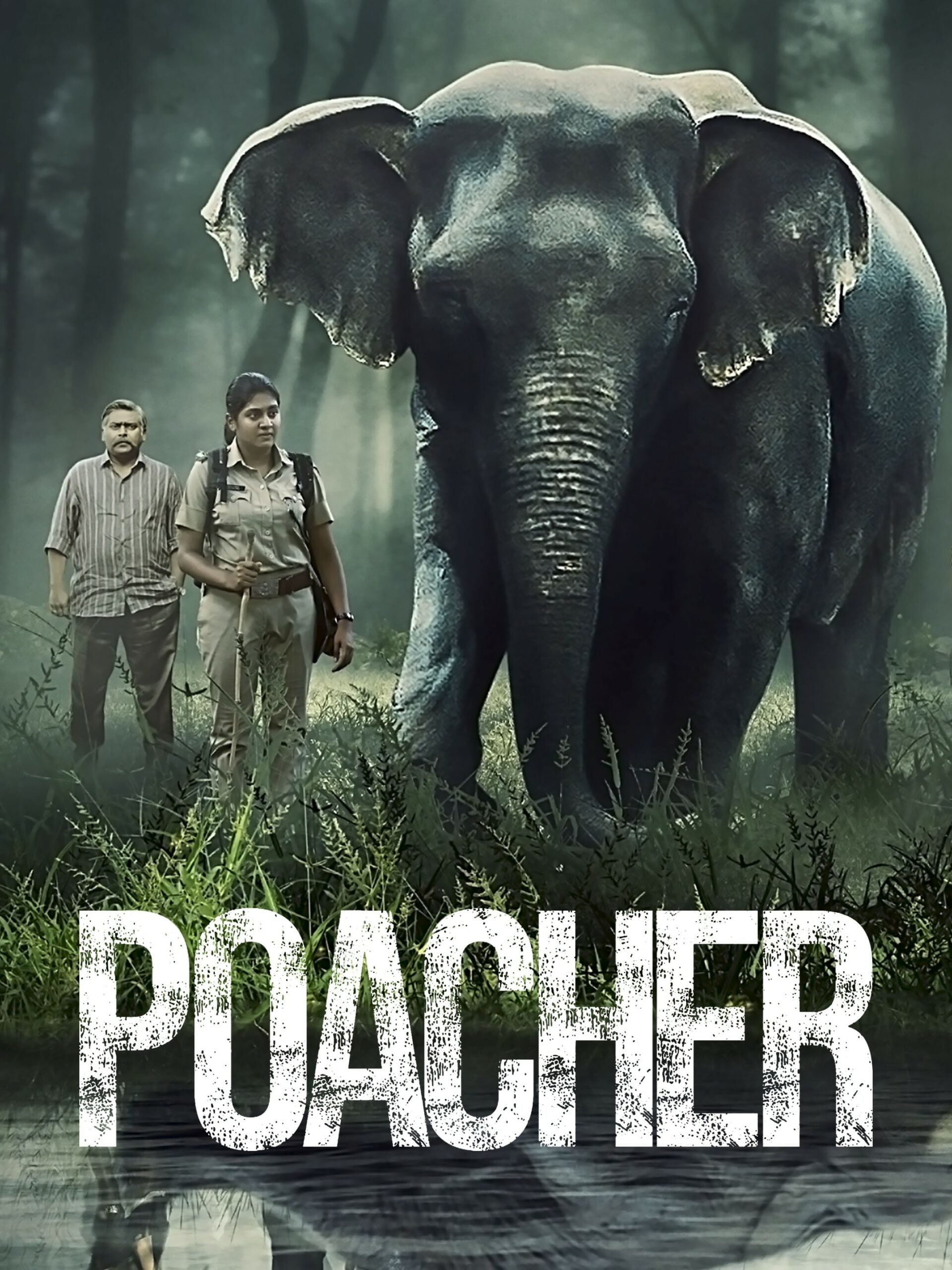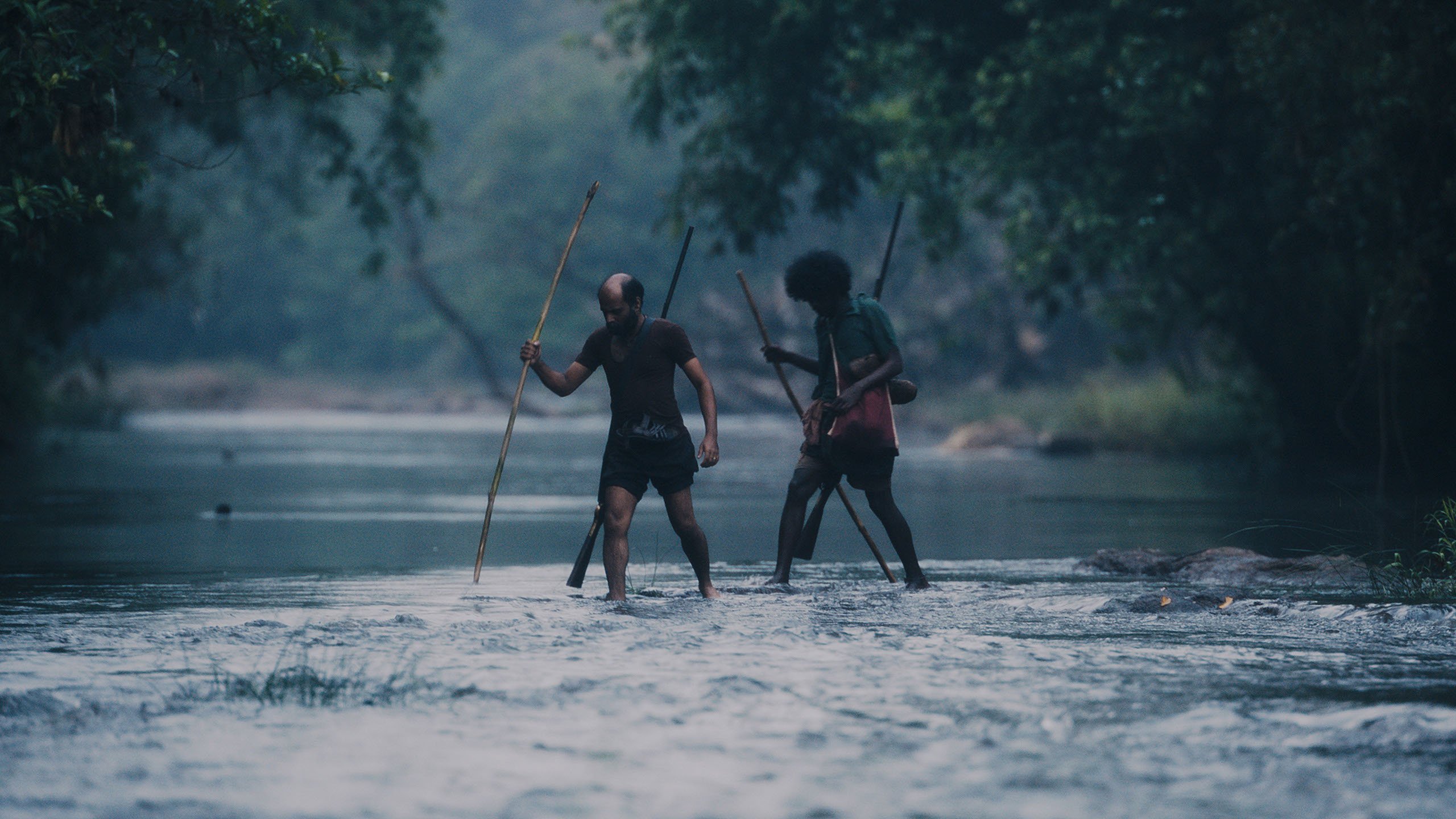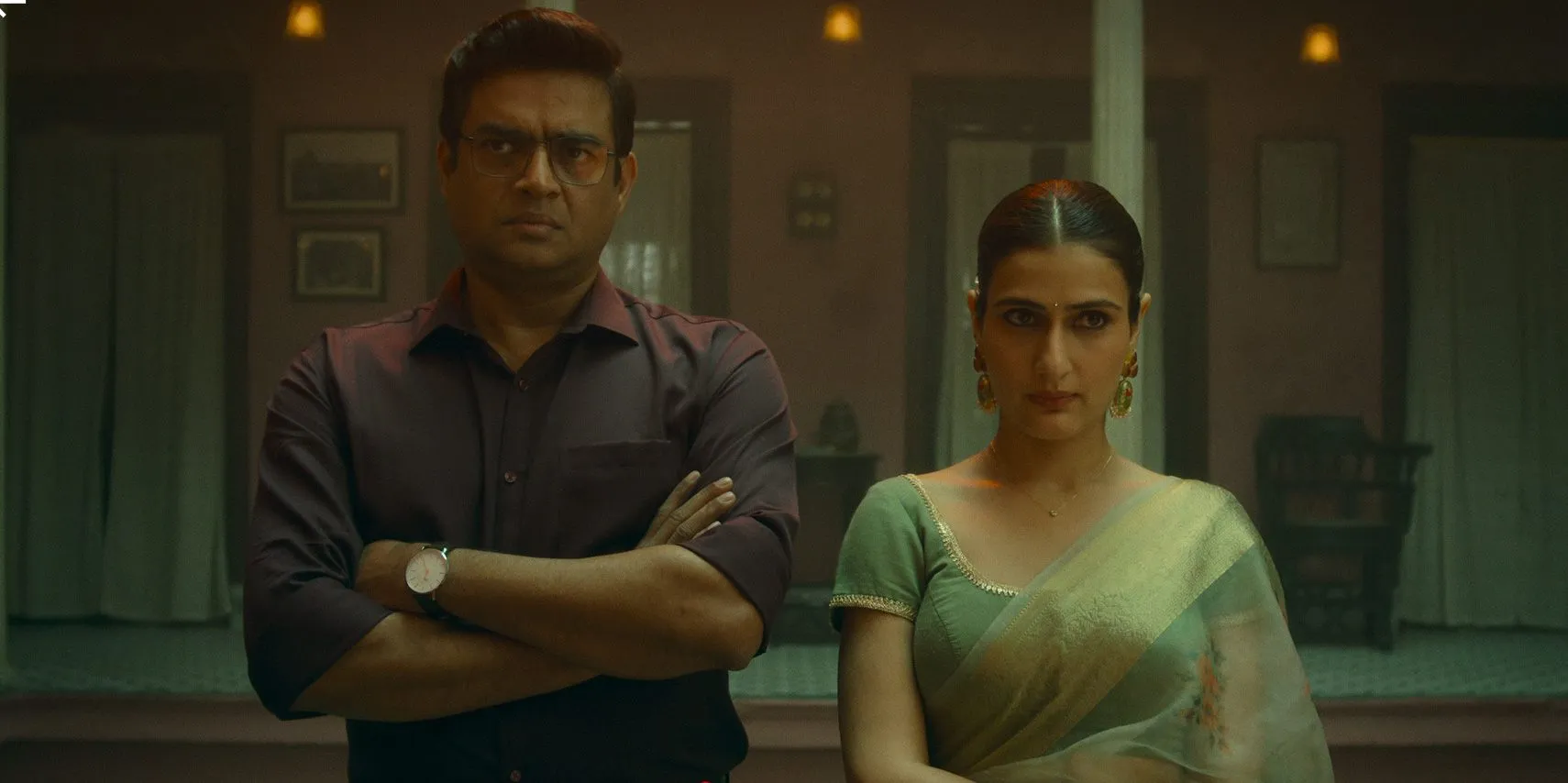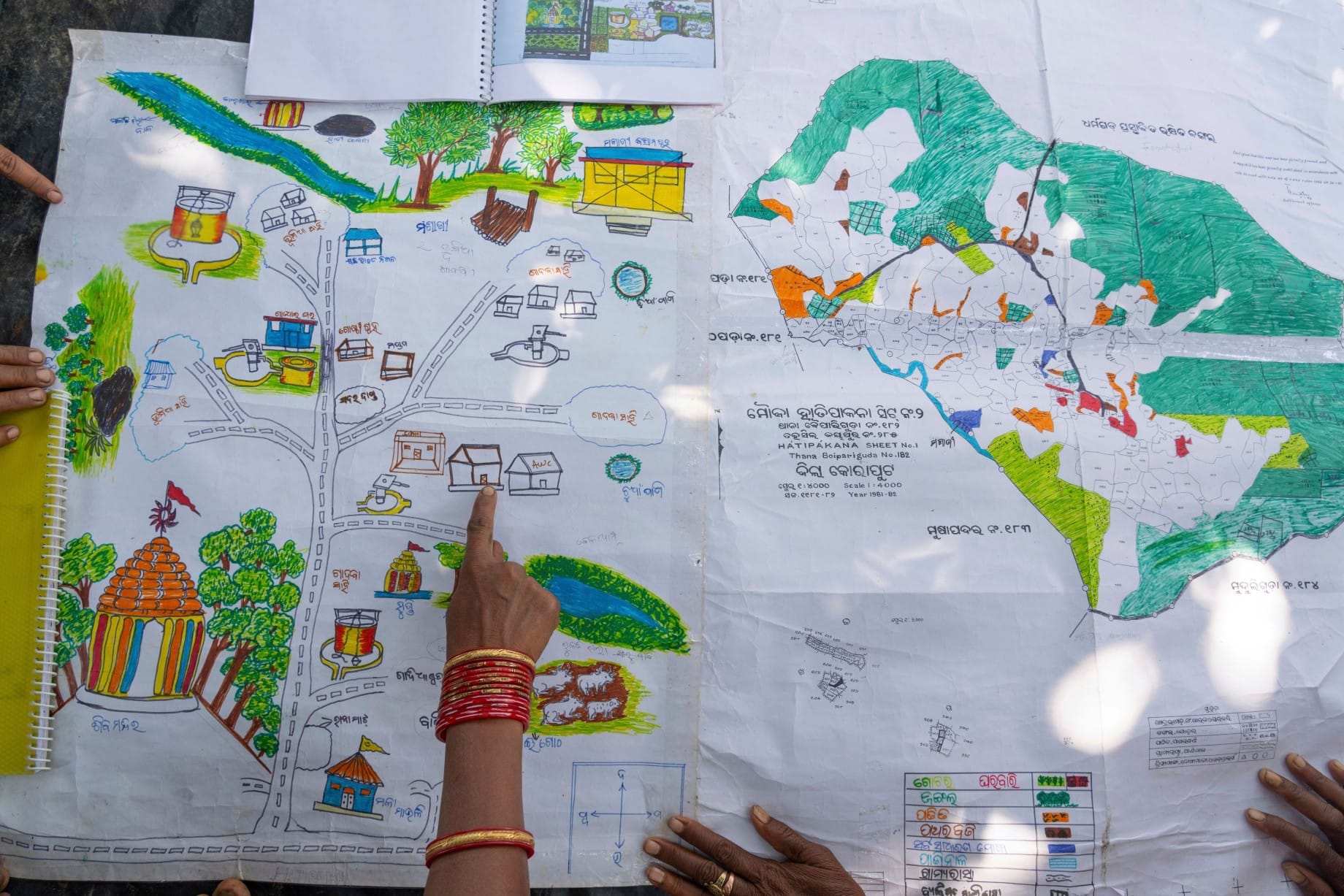Poacher, an Amazon Prime series released on 20th February, created a buzz nationwide. An eco-thriller crafted masterfully with a well-defined storyline and impeccable performances keeps the audience glued till the end. An adaptation of real-life events, the series looks at wildlife conservation from the lens of a conservationist. Executively produced by Alia Bhatt, the series dramatises Operation Shikar, one of the largest ivory seizures in the history of India.
Executively produced by Alia Bhatt, the series dramatises Operation Shikar, one of the largest ivory seizures in the history of India.
Richie Mehta brings an intriguing series 5 years after Delhi Crime. It critically analyses the roots of the nefarious ivory trafficking racket and follows the manhunt carefully. In the 1990s Kerala was the hot zone of animal poaching (especially elephants), which was contained after synchronous efforts from the system and people. 20 years later, the killing reappeared and the hunt for the perpetrators began.
Poaching: a crime
Poaching is deemed a crime under the Indian Penal Code, 1860: Section 428 and 429. The law states that any act of killing, poaching, maiming, poisoning, or torturing an animal is a cognisable offense, and the punishment for such an act is rigorous imprisonment which may extend to five years, or fine, or both.
The extent of poaching as a crime is not only limited to the cost of law, it extends to our survival. Mala Jogi (Nimisha Sajayan) explains ‘Elephants are the engineers of the forest.’ Losing elephants would end an entire ecosystem and the cost would be much more than the cost of their ivory.
Poacher is a well-researched series and brings to the fore some poignant issues. Mehta, true to his craft, has presented a factually sound and provoking piece that leaves its audience with the pleasure of pain. In 2015 The Guardian reported that Thrissur and other parts of South India have witnessed the poaching of 28 tuskers. Though an embarrassing report, Neel played by Dibyendu Bhattacharya asserts ‘This is not an easy press to get.’
His reference to the press is a metaphor for attention. Though the article became a clarion call for action, the media covering poaching was unusual. We, today, are sitting at the brink of climate crisis and the media coverage on the issue is bleak. Any press in the matter was good press.
Nature vs culture in Poacher
The dichotomy of nature and culture is the very founding basis of our society. Whether the forests have encroached on cities or cities have encroached on forests is a crucial debate. With ever-increasing cases of aggressive animal attacks and monkeys vandalising residential complexes, there is a need to look at the interaction of nature and culture with some patience.
Poacher brings to the front not only a valid missing link but an issue ignored too long. With culture trying to progress, nature was destroyed blindly. The lands were encroached upon, trees were cut, and animals were killed. Culture established manicured lawns and smart cities choking with pollution. The act of poaching arises from the demand for artifacts required to decorate mansions. Poaching is not limited to elephant tusks; it ranges from killing birds for their feathers to mongoose hairs for artist brushes and so on. The greed of the culture has poached nature and continues to do so unabashedly.
The hunt of the poacher
Poacher is named after the culprits of crime and not the victims, they are not the heroes but the villains. The hunt begins after Malayatoor, an aging forest watcher confesses his part in the crime of stealing raw ivory. From there begins a fast-paced and enthusiastic search for the culprits. Neel forms a specialised team that requires Mala Jogi, posted at Thattekad Bird Sanctuary, to be reinstated to the field. She wastes no time in reporting to the base and takes a deep sigh at being back at home.
Roshan Mathew playing Alan plays an essential role. A data analyst whose real calling is conservation, he puts everything on stake to apprehend the criminals. Babu, played by Ankith Madhav is a suspended officer who lets the information slip and fails to apprehend criminals when he has the chance. As the converted poachers claim, the officers were just too lazy to nab the racket and discover carcasses of elephants left to rot in the open.
Ecofeminism in Poacher
Ecofeminism emerged from intellectual critique and political activism. This field studies the relationship between the degradation of women and of nature in the purview of patriarchy and capitalism. Poaching is not just an ecological threat; it is also a feminist threat. The assertion of might and money through patriarchy and capitalism results in the oppression of women and the ecology.
The poaching racket is ultimately a depiction of greed; greed for power and money.
The poaching racket is ultimately a depiction of greed; greed for power and money. The rich order ivory articles as a display of their wealth and the poachers kill for the sadistic pleasure of their patriarchal might. In a scene, Raaz kills a tusker, and while Poyya is axing down his trunk to remove the tusks, Raaz turns and kills a baby elephant, just as a show of might.
The hunters become poachers after it is rendered illegal, and continue to kill animals with a sinister smile. Some do it for their family, some for money, and some out of pleasure. Mala, the protagonist officer ends up atoning for her father’s sins. The daughter of a hunter turns into a conservationist. She is the only character in the series who only cares about the animals, be it ducks on Delhi roads or elephants in Kerala forests.
The animals’ habitat
Many scenes in the series begin with or are sprinkled with random animals crossing the streets or on trees or just birds flying. These CGI animals are a reminder that animals live on the same planet as us. They are our neighbors, we coexist, and it is time we acknowledge them. An episode that begins with the eagle’s flight and its view beautifully translates to the creator’s intentions of showing the animal’s side of the story. It is how they see us.
There is also a repeated discussion on the elephant’s habitat. While the emphasis is placed on their migration and the need for their natural habitat, it also discusses the human experience of seeing these animals in their habitat. The forest rangers are amazed when they see these animals in their natural habitat. When an elephant is roaming free in the wild, it is the most enticing scene, But the cultures have trapped it and bound it in chains to be an amusement at public rallies, public entertainment fairs, and religious processions.
The tusker and Lord Ganesha
Lord Ganesha is cleverly used as a metaphor for the tusker throughout the series. Even the ivory procured from killing these elephants is carved to make beautiful Ganesha idols. The irony is satirical and also cynical. Lord Ganesha also becomes the savior. He becomes the saving grace at crucial junctures like when the Airport officials comply when they are reminded of Lord Ganesha.
The manhunt
The manhunt brings the team from Kerala to Delhi. The stark contrast between the two states is shown impeccably. From clean Kerala air to the choking Delhi skies, nothing is the same. While Arukku in Kerala confessed out of his conscience, Lakshmi Nagar residents in Delhi made it difficult to carry out the raid because they wanted to claim everything as their own. From the open architecture of Kerala to cramped spaces in Delhi, from empty roads to crawling streets, the states are very different yet similar in bureaucracy and power hierarchy.
The raid was one of the biggest recorded raids in the history of independent India. The officials seized some 500 kgs of ivory from the small flat of Lakshmi Nagar which would have been been valued at great prices at the time as claimed by the forest officials. The ivory, worth more than gold, was burned as it claimed to have killed hundreds of elephants.
The ivory, worth more than gold, was burned as it claimed to have killed hundreds of elephants.
Poacher does not end here, it ends with the helplessness of nabbing the real culprits. The poaching chain thrives on the demands of the wealthy capitalists who influence governments. They are not touched, just small pawns are arrested and interrogated. Poaching is a crime that has the potential to ruin an entire ecosystem. If not stopped, it will kill our forests and in turn the cities. But as a Delhi police officer claims, ‘humko ye jaanwar samajh nai aate, koi insaan ka case hota to…’
